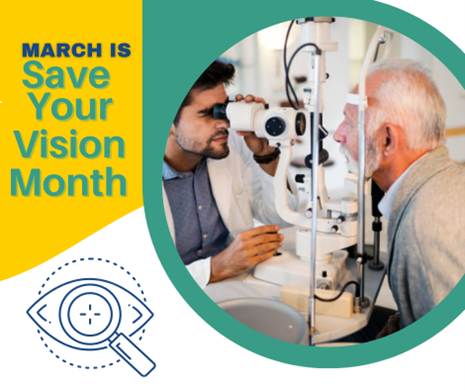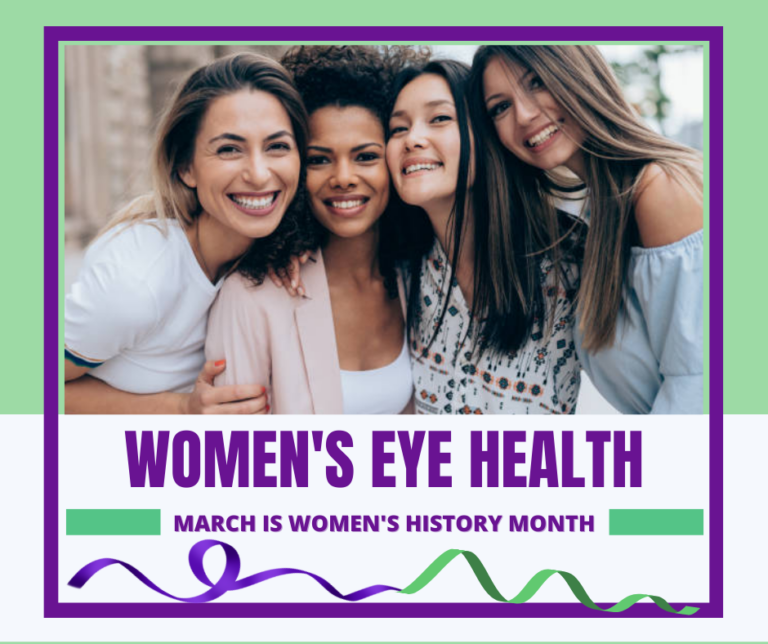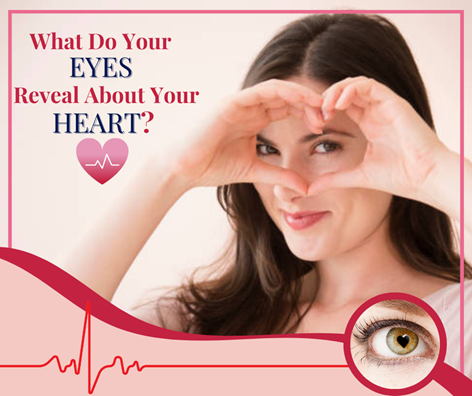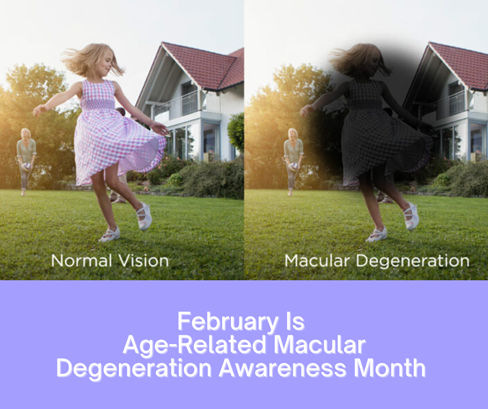March Is Save Your Vision Month
Posted by: Central Florida Eye Specialists in General
This month and year-round, we would like to remind you to prioritize your eye health in 2023 by scheduling your comprehensive eye exam and considering the importance of good eye health. Save Your Vision Month traces its founding to 1927 by American Optometric Association (AOA) members. This month and every month, we proclaim and deliver…
Read MoreWhat Are Spring Eye Allergies?
Posted by: Central Florida Eye Specialists in General
We are on the cusp of Spring, and the change in season promises fairer weather and new beginnings. Unfortunately, Spring’s new growth can also create seasonal allergies that leave you with congestion, headaches, and itchy, swollen eyes. According to the American Academy of Ophthalmology, eye allergies also called allergic conjunctivitis, are pretty standard. They occur…
Read MoreWomen’s Eye Health March is Women’s History Month
Posted by: Central Florida Eye Specialists in Eye Health
March is Women’s History Month, an observance and celebration of women’s vital role in American history, contributing to culture, society, and medicine. Every woman is essential and contributes daily to help lives, whether for family, colleagues, or the community. A woman’s everyday life is hectic and has many obligations that involve many priorities to complete….
Read MoreWhat Is A Cataract?
Posted by: Central Florida Eye Specialists in General
What is a Cataract? A cataract is a dense, cloudy area that forms in the eye’s lens. A cataract begins when proteins in the eye form clumps that prevent the lens from sending clear images to the retina. The retina converts the light that comes through the lens into signals. It sends the signals to…
Read MoreHave a Good Night’s Sleep and Reduce The Blue Light!
Posted by: Central Florida Eye Specialists in Eye Health
The blue light from your digital devices may affect you from falling asleep and having a quality night’s sleep. You may have experienced trouble falling asleep after staring at your phone or other digital devices right before bedtime. The blue light from your digital devices keeps us up and stimulates us to wake up, whether…
Read MoreWhat Do Your Eyes Reveal About Your Heart?
Posted by: Central Florida Eye Specialists in General
February often brings thoughts of heart-shaped candies and heart-themed décor for Valentine’s Day, but more importantly, it should make you think about your heart health too! February is Heart Health Month, a time to focus on heart health and disease prevention. Many don’t realize that the eyes and heart are connected. The eyes reveal a…
Read MoreFebruary is Age-Related Macular Degeneration Awareness Month
Posted by: Central Florida Eye Specialists in Eye Health
What is Age-related macular degeneration (AMD)? AMD is a disorder of the macula. The macula is the part of your retina where your central and color vision calls home. AMD is a complex disorder where degenerative protein/lipids (called “drusen”) deposit under the retina. These deposits are seen in early macular degeneration. The retina’s structural support…
Read MoreDid You Know Stress Can Be A Strain On Your Eyes?
Posted by: Central Florida Eye Specialists in Eye Health
Stress is one factor that affects most of us in our busy lives, and health conditions from stress are common. However, did you know that stress can also affect your eyes? When life feels too busy or demanding, your eyes can pay the price like the rest of your body does during those emotionally difficult…
Read MoreDon’t Be Blindsided By Glaucoma
Posted by: Central Florida Eye Specialists in Eye Health
January is National Glaucoma Awareness Month, a necessary time to spread the word about this sight-stealing disease. Glaucoma is a group of eye diseases that gradually steal sight without warning and is the leading cause of irreversible blindness. The most common forms of glaucoma primarily affect the middle-aged and the elderly, but glaucoma can affect…
Read MoreGoodbye Winter Dry Eyes
Posted by: Central Florida Eye Specialists in General
The winter season is here! Dry eyes are prevalent during winter because of the cold, harsh winter winds, dry outdoor air, and dry indoor heat. These sudden changes in the atmosphere produce the onset of moisture evaporation inside your eyes. Thus, our tear glands do not produce fluid quickly enough to maintain the liquid coating…
Read More








